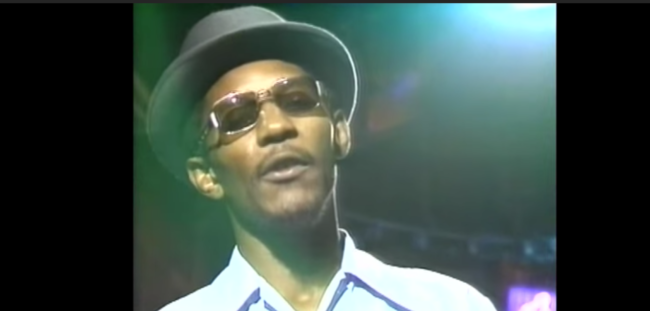Dread Beat and Blood: Lynton Kwesi Johnson, the Brixton Riots and The Spectator’s ‘Immigrant Swamp’

People had been getting angry. Forty years ago they’d had enough of heavy-handed police tactics and unchecked racism. On April 11, 1981, 13 young black people were killed in a fire at a house party in New Cross, London – an act of suspected arson for which no-one has been arrested. The Metropolitan Police were too busy looking for crime elsewhere to seek justice for the victims. The Met was busy sussing out suspected criminals using a system based on skin colour. Operation Swamp “resulted in a significant number of black youths being stopped and searched”. In 1978 Margaret Thatcher asserted that Britain “might be rather swamped by people of a different culture”.
Brixton in south London, exploded in rage. At around eight o’clock on the Saturday evening of 14 April 1981, someone threw a Molotov cocktail through a window of The George Hotel on the corner of Effra Parade and Railton Road. This was night two of what came to be known as the Brixton riots. In the 1970s The George had been the subject of several local marches. The South London Press wrote that the arson was “undoubtedly an act of revenge for years of racial discrimination”.
The music of Lynton Kwesi Johnson took on a prescience. In 1982, The Spectator noted that Johnson’s poetry written in Jamican patois “wreaked havoc in schools and helped to create a generation of rioters and illiterates”. Slum music for slum people. In 2012, Johnson’s dub poetry won the Golden PEN award for his “distinguished service to literature”. This was music and poetry as forces for understanding and liberation.
“In terms of our country, it would be foolish to say that we haven’t made some progress. Because we have,” he said in 2018. The poet who arrived in the UK from Jamaica when he was 11, went on: “But, right now, we are living through a time of reaction; the rise of Conservative populism. And some things simply won’t go away. I’m sure I’ll be crucified for saying this, but I believe that racism is very much part of the cultural DNA of this country, and most probably has been so from imperial times. And, in spite of the progress that we have made, it’s there. It is something we have to contend with in our everyday lives.”
Posted: 14th, April 2021 | In: Music, News Comment | TrackBack | Permalink


